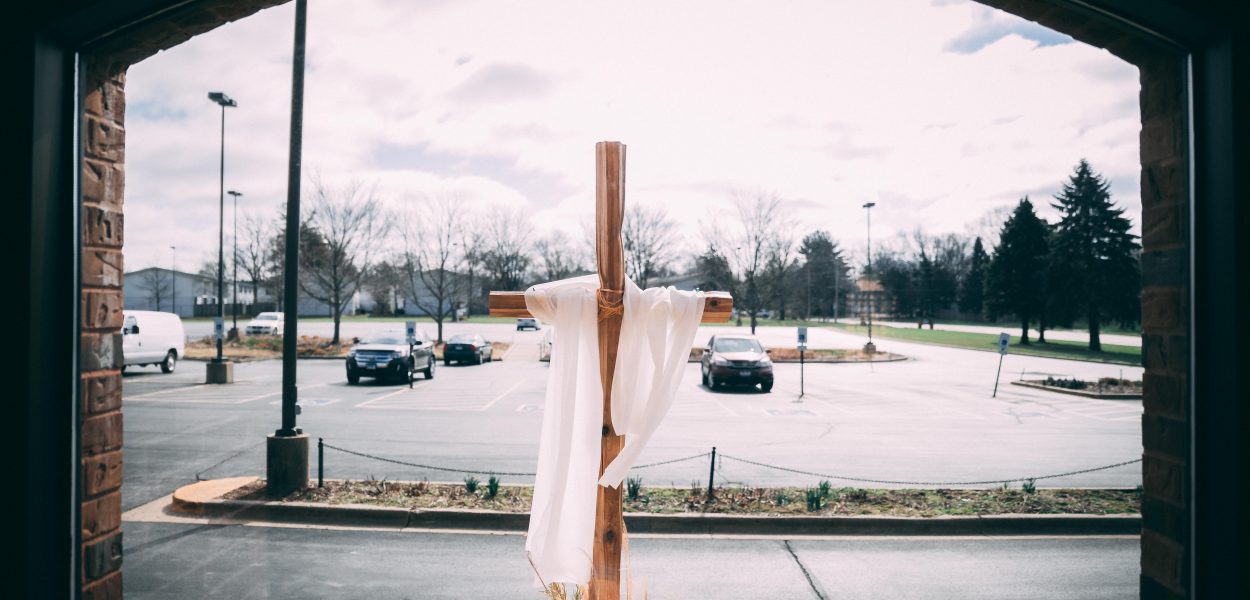7 April 2020
5 Ways to Celebrate Easter in Lockdown
Posted in Family Space / Parents & Carers / SU QLD
A couple of years ago, finding time to gather over the Easter weekend challenged our family. The traditions of childhood did not fit anymore and we needed to find new ways to gather and celebrate.
My sister found a bakery that was advertising weird hot cross bun flavours and our family decided that we should find out what all the fuss was about. On Easter Saturday, we convoyed out to the bakery and selected the weirdest flavours we could find. We took them to a nearby dam where we feasted on our bounty. We had such a good time; we created a new tradition of it, enjoying non-traditional baked goods by the dam every Easter since.
This year has brought change for all of us. Our regular family traditions may not be possible and this Easter could be looking very different for you and your family. So how can we adapt for our current situation or create new traditions to gather and celebrate?
Here are 5 tips for adapting or making new traditions:
- Grieve the loss
This year will not be the same and that fact might be painful. We have had to cancel: Going to Good Friday Mass/Service (in the traditional sense), Easter Sunday family lunch, the annual long weekend camping trip, and/or visiting nanna. Ouch! These losses hurt because they are important; they are the rituals we enact to express our individual and shared identity. We need to acknowledge the loss and allow others and ourselves to grieve.
- Invite change to be your friend
Festive seasons, such as Christmas and Easter are “high traffic” times in family calendars and schedules. We unconsciously commit ourselves to so many activities and events because it is what we have always done, and presume that it is what we should always do. By the end, we are exhausted and wonder why we put ourselves through it again. Traditions should be meaningful (see below) and express things we value. This year you may find your family calendar wide open. Perhaps this is your opportunity to examine what really is important for you and your family and focus on that, clearing out the festive hustle.
- Make it meaningful
We keep traditions because; a) we enjoy them b) they hold significance for us and/or others. Starting new traditions will require finding meaning and purpose in what we do. Just because another family is engaging in a particular activity does not mean that your family has to. This as an opportunity for your family to discuss what you believe the best parts of Easter are, and why. Use this conversation as a springboard to create moments that mean something.
- Keep it simple
When we envision traditions, often we get a glossy postcard picture in our minds – what they are supposed to look like. Unfortunately, reality rarely matches this expectation and the pressure of making things perfect ends up adding unnecessary complexity to our days. When starting new traditions, less is more. Do not try to replace everything. Pick one or two moments that are the most important to you and your family and find a simple alternative.
- Be prepared
This is less about making sure you have all the ingredients/equipment you need for your new tradition (though that is important) and more about its success or failure. Starting new traditions is not an exact science; you cannot guarantee success. Be prepared for this experiment to flop and to have a good laugh about it. Your family is testing out new material and that includes a risk of failure. Shake off the pressure to be perfect, and have fun with it. Maybe your new tradition will stick and your family will have discovered a new way for them to share what is important with each other. Succeed or fail, you will have gathered and celebrated and that is the ultimate win.
About the author…
 Tess is a former school chaplain and youth pastor with 15 years of experience in youth work. She now serves as SU QLD’s Children and Youth Program Team Leader, delivering training and professional development to chaplains and youth workers. She holds a bachelor of communications and diploma of youth work.
Tess is a former school chaplain and youth pastor with 15 years of experience in youth work. She now serves as SU QLD’s Children and Youth Program Team Leader, delivering training and professional development to chaplains and youth workers. She holds a bachelor of communications and diploma of youth work.




